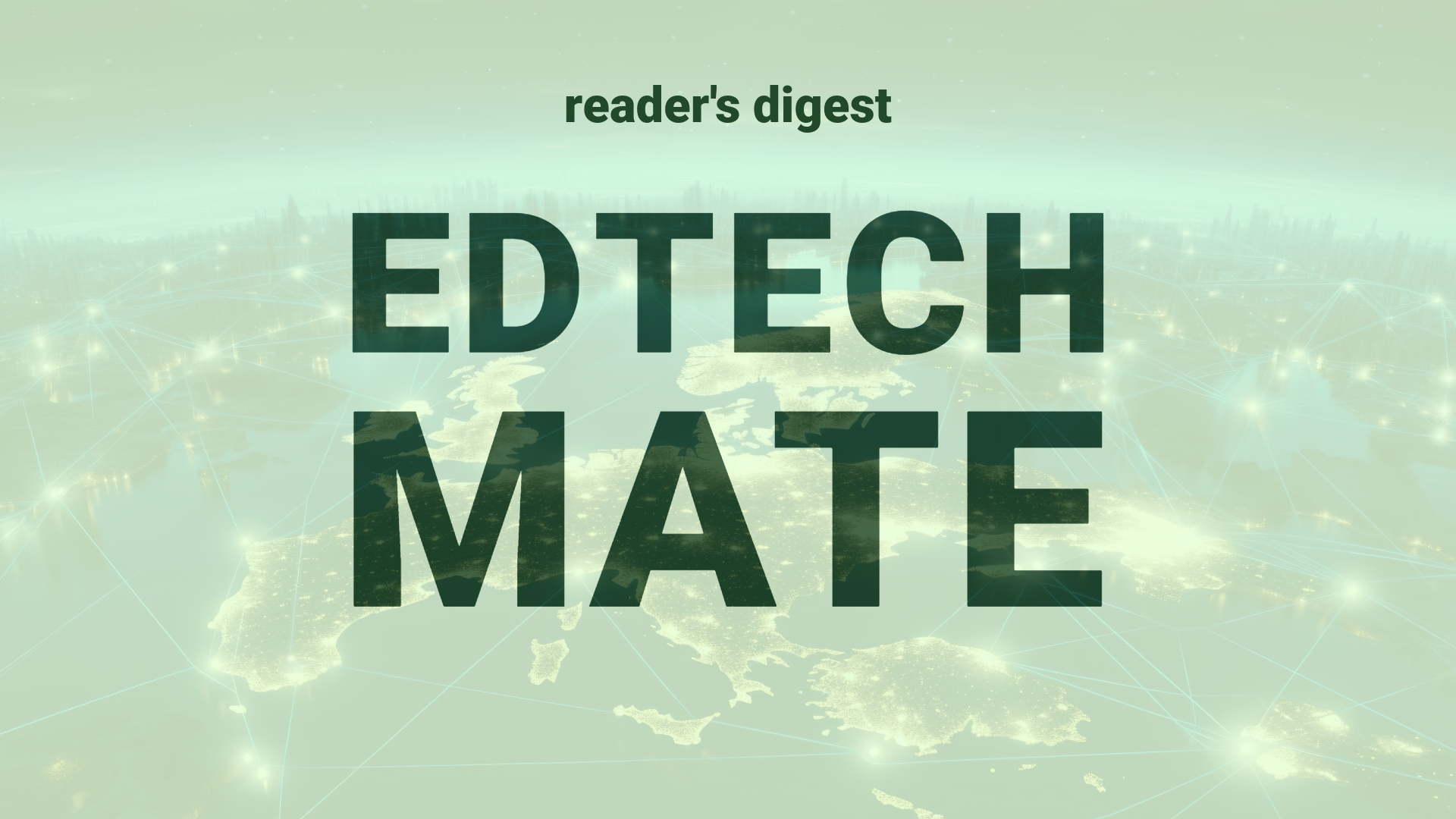Executive Summary and Main Points
The McKinsey Global Publishing’s 2024 annual book recommendations provide a curated list of insightful works endorsed by over 50 global leaders across six continents, offering a unique window into the pulse of contemporary business culture and executive thinking. This year, fiction and personal development genres dominated, with ‘Outlive: The Science & Art of Longevity’ obtaining notable favor. The inclusion of technology, particularly AI, reflects the sector’s current and evolving influence. This list serves not only as a guide to enriching reads but also as a barometer for the prevailing trends and preoccupations at the helm of global leadership.
Potential Impact in the Education Sector
The integration of AI and technology themes within the reading list underscores their growing relevance, possibly signaling an uptick in the adoption of these themes within Further and Higher Education curricula. As digital transformation accelerates, the value of literature in personal development may become integral to leadership training programs. Micromechnisms like micro-credentials can benefit from this literature by aligning course content with real-world insights from contemporary leaders. Strategic partnerships between academic publishers and organizations could expand access to essential texts, fostering a digitally-enabled and forward-thinking educational landscape.
Potential Applicability in the Education Sector
Innovative applications of AI and digital tools, as highlighted in the recommended literature, can profoundly influence global education systems. By referencing cutting-edge works, educators can incorporate case studies and the latest thought leadership into pedagogical practices. Virtual book clubs or digital reading lists could be integrated into university platforms, encouraging cross-disciplinary dialogues. Furthermore, AI-powered analytics could be utilized to personalize reading recommendations for students, thus aligning academic content with individual interests and career trajectories.
Criticism and Potential Shortfalls
While this list showcases diverse topics, criticisms may arise regarding its representativeness and the potential shortfalls of tech-centric literature in humanizing education. Potential risks include overemphasizing technology at the expense of social sciences and humanities, or creating cultural biases if the recommendations do not adequately reflect global diversity. Comparative case studies from international institutions may reveal gaps in accessibility and the need to consider ethical considerations in technology deployment in educational settings.
Actionable Recommendations
Education leaders should consider integrating these recommendations into their strategic planning, recognizing the role of literary insights in shaping visionary leadership. By establishing partnerships with publishers, institutions can expand their libraries with texts pertinent to modern challenges. Additionally, educators could develop interdisciplinary modules that juxtapose AI and technological content with ethical, cultural, and historical perspectives. Further, initiating global forums for book discussions may stimulate international collaboration and cross-pollination of ideas within higher education.
Source article: https://www.mckinsey.com/featured-insights/annual-book-recommendations

